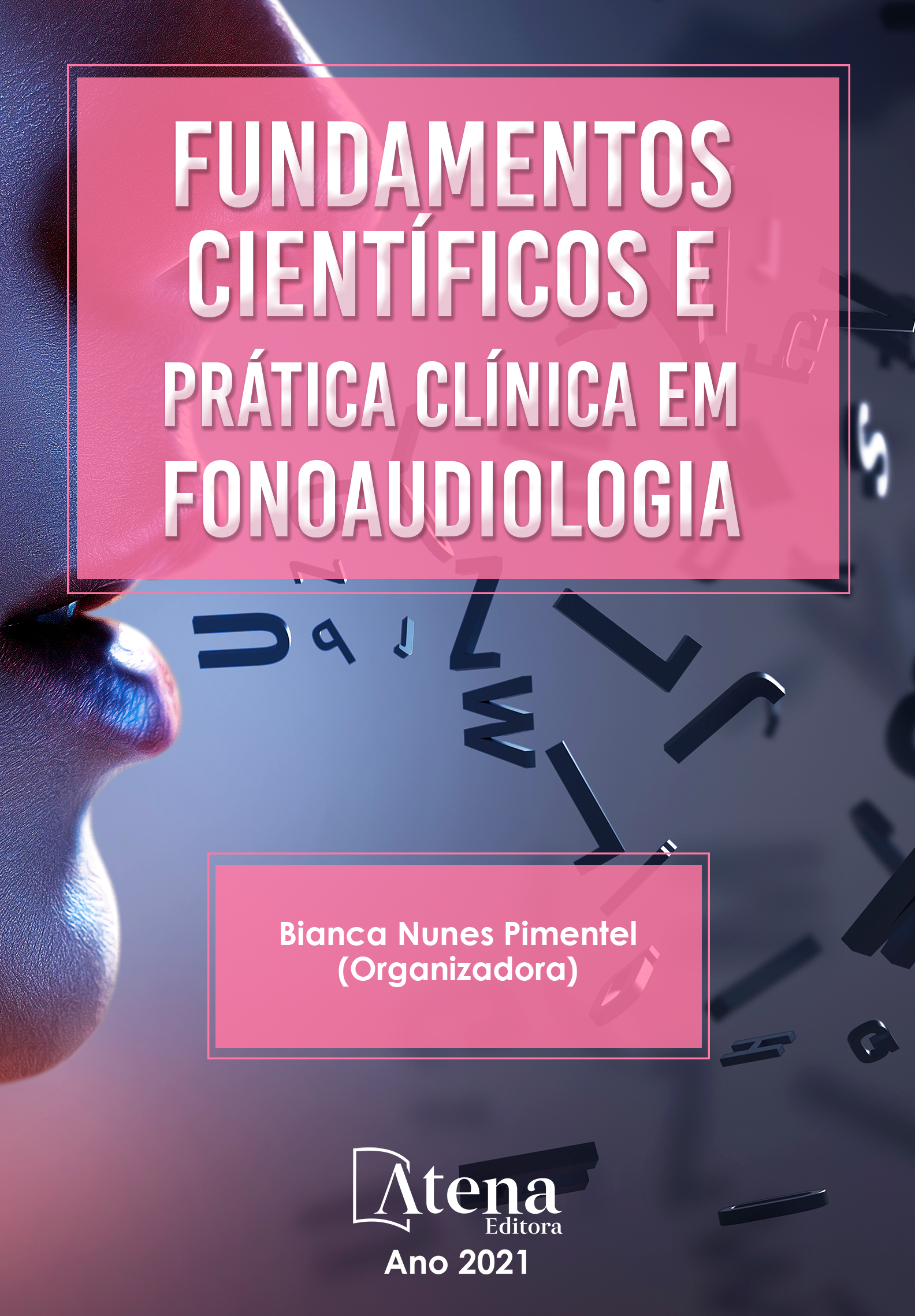
INTERVENÇÃO ORTOGRÁFICA PARA ERROS DE ESCRITA
Objetivo: Verificar a eficácia da intervenção ortográfica para os erros de escrita em escolares do 3º ao 5º ano do ensino fundamental. Método: Participaram deste estudo 34 escolares de 3°, 4º e 5° ano do ensino fundamental, de ambos os gêneros, com idade entre 9 e 15 anos, pertencentes a uma escola de ensino público. Os escolares foram distribuídos em seis grupos: Grupo IE: 6 escolares do 3° ano com dificuldades ortográficas; Grupo IC: 6 escolares do 3° ano sem dificuldades ortográficas; Grupo IIE: 5 escolares do 4° ano com dificuldades ortográficas; Grupo IIC: 5 escolares do 4° ano sem dificuldades ortográficas; Grupo IIIE: 6 escolares do 5° ano com dificuldades ortográficas; Grupo IIIC: 6 escolares do 5° ano sem dificuldades ortográficas. Os escolares foram avaliados com a Escala de Avaliação da Escrita, a Prova de Escrita sob Ditado de Palavras e Ditado Soletrado. A intervenção foi composta por um total de quatro sessões em que foram trabalhadas tarefas de leitura e treinamento metafonológico. Resultados: Após a intervenção houve a diminuição nos erros unívocos nos grupos de escolares que possuíam dificuldades ortográficas, assim como nas habilidades que foram trabalhadas diretamente na intervenção como adição de segmentos, separação e junção de palavras. Conclusão: Conclui-se que, para que a aquisição ortográfica ocorra de maneira efetiva, é necessário auxiliar o escolar possibilitando situações didáticas que o estimulem a refletir e gerar hipóteses de escrita para sua automatização.
INTERVENÇÃO ORTOGRÁFICA PARA ERROS DE ESCRITA
-
DOI: 10.22533/at.ed.87921210515
-
Palavras-chave: Aprendizagem; Escrita; Educação; Fonoaudiologia educacional; Intervenção ortográfica
-
Keywords: Learning; Writing; Education; Educational speech therapy; Orthographic intervention
-
Abstract:
Objective: To verify the effectiveness of the orthographic intervention for spelling errors in students from the 3rd to the 5th year of elementary school. Method: Participated in this study 34 students from the 3rd, 4th and 5th year of elementary school of both genders, aged between 9 and 15 years old, belonging to a public school. The students were divided into six groups: Group IE: 6 students from the 3rd year with orthographic difficulties; Group IC: 6 students from the 3rd year without spelling difficulties; Group IIE: 5 students from the 4th year with orthographic difficulties; Group IIC: 5 students from the 4th year without spelling difficulties; Group IIIE: 6 5th grade students with orthographic difficulties; Group IIIC: 6 students from the 5th year without spelling difficulties. Students were evaluated using the Writing Assessment Scale, the Writing Test under Word Dictation and Spelled Dictation. The intervention consisted of a total of four sessions, sequential and gradual, in which reading tasks and metaphonological training were worked on. Results: After the intervention, there was a decrease in univocal errors in the groups of students who had spelling difficulties, as well as the skills worked on directly in the intervention such as adding segments, separating and joining words. Conclusion: Concluded that for the orthographic acquisition to take place effectively, it’s necessary to assist the student, enabling didactic situations that encourage him to reflect and generate writing hypotheses until his automation.
-
Número de páginas: 15
- Jayne Rosa Abreu
- Ana Paula Montecchiari da Silva
- Cláudia da Silva


